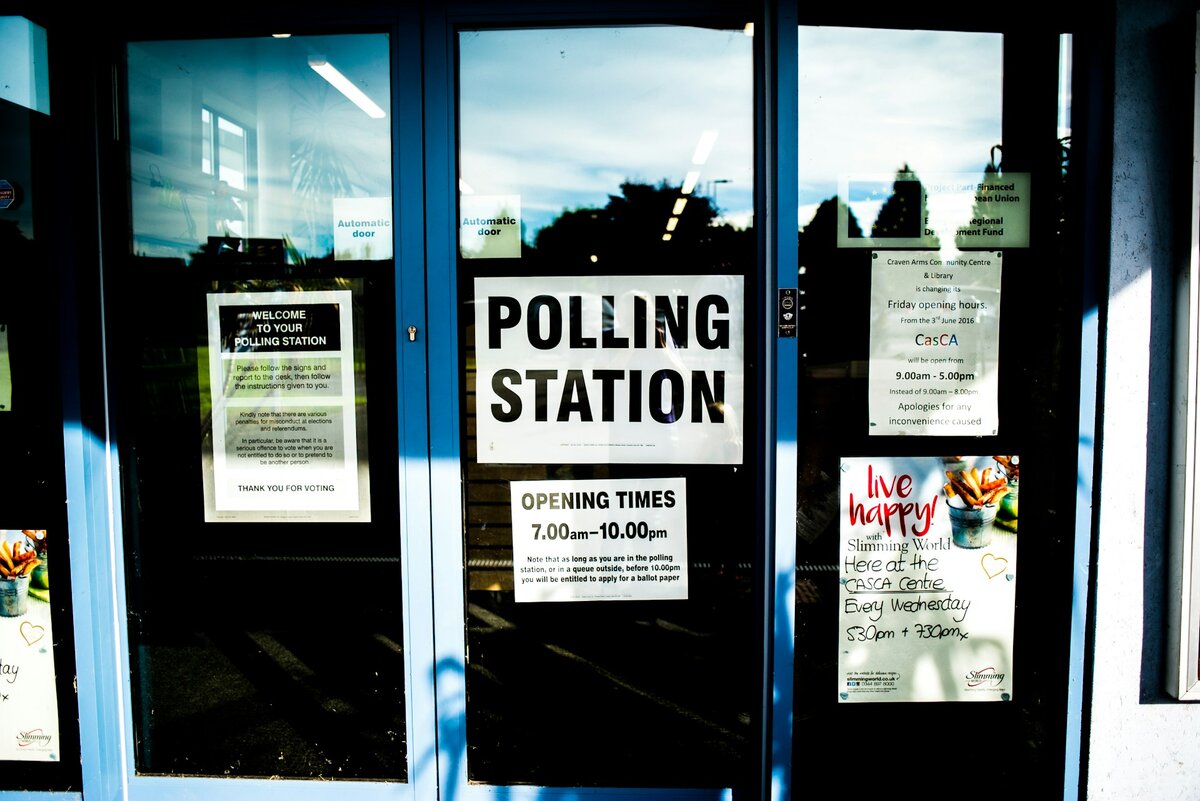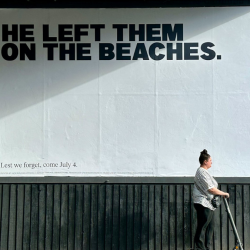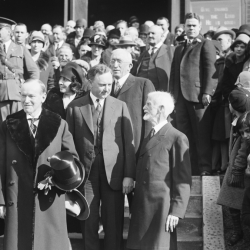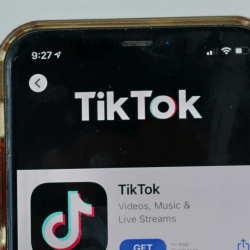I’m sure you’ve all heard the story that Margaret Thatcher was the first politician to understand modern political advertising
In fact, we all know how the slick ad campaign for the Conservatives is what ‘won’ the 1979 General Election for Margaret Thatcher, right? (You’ve all seen that ‘Labour isn’t working’ poster.) This story has been the basis of pretty much every conversation since about how to do political campaigning — from ‘Mr Boom & Mr Bust’ to Demon Pies (look it up).
But would it surprise you to hear that it is a total myth? In fact, it is more accurately described as a ‘divergence from the truth; a falsehood’. Or, in the definition from the dictionary, a ‘lie’. Britain got its first female Prime Minister in 1979. The Conservative party won a majority in Parliament. But it wasn’t the ads ‘wot won it’ despite what you’ve read or been told — far from it. The ‘slick’ ad campaign nearly totally ruined it for Thatcher in the spring of 1979. Everyone is entitled to their own opinion, but not to their own facts.
So here are some little-known truths about that famous campaign from 1979 that supposedly won the election for the Tories:
- That famous poster ‘Labour Isn’t Working’ (always used as the visual whenever this lazy story is trotted out) was actually developed for an aborted General Election campaign in the autumn of 1978. It only ran at a tiny weight on a mere twenty outdoor sites, so was far from some massive national campaign.
- The period that the original poster ran in 1978 coincided with Labour regaining their opinion poll lead over their rivals. So, it had exactly the reverse effect that is often claimed. It made the Tories less attractive to the target audience (well, the tiny percentage of them that saw the poster) and was more of a repellent than a rabbit’s foot.
- The famous poster was amended ‘Labour still isn’t working’ for the campaign in 1979, but far from being the slick undeniable success that has been claimed in the decades since, the Tory advertising campaign in the spring of 1979 led to a fall in Tory support. Their percentage fell from 50% in the polls in March 1979 — when the ads started — to the final vote share of 43% in May. The campaign statistically lost the Tories votes.
- Furthermore, a MORI poll taken on the eve of election showed the electorate thought that Labour had run the more successful ad campaign! The public liked Labour’s ads more than the Tory’s.
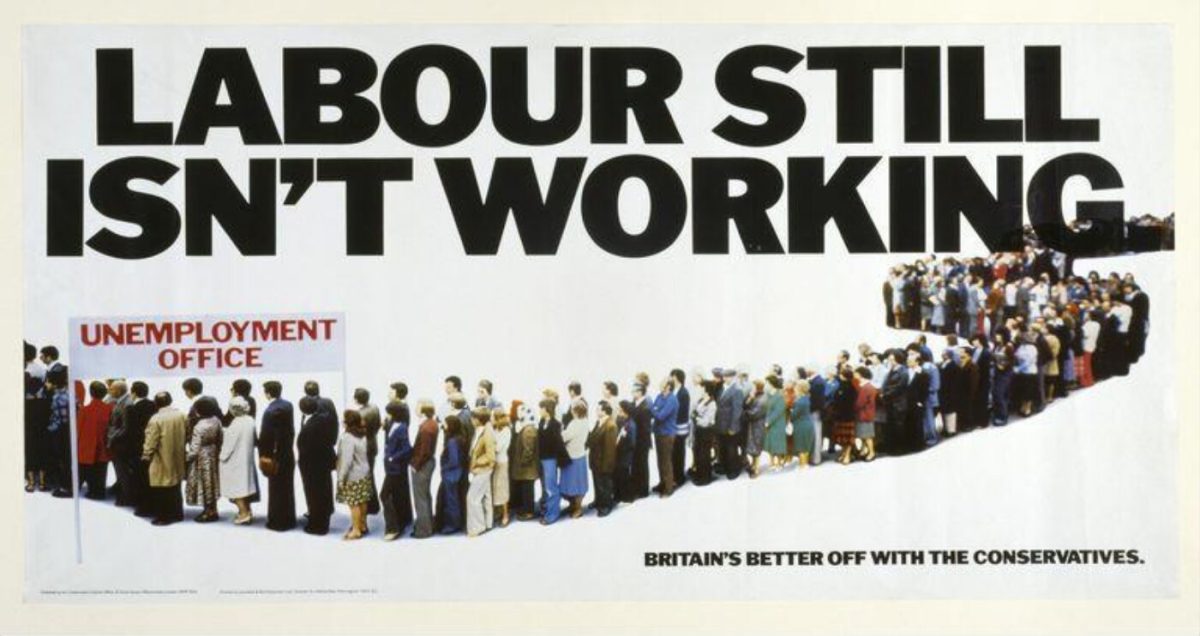
Now I completely understand why Lord Bell would want everyone to believe that his agency’s ads ‘won’ the election for his client (he was building a business off the back of the ‘myth’). I get why the agency and a lot of people in the industry were keen for this story to take hold. The supposed huge role of adverts (ho ho) in changing people’s political sway makes everyone a lot of moolah at election time. I get the sociology and behavioural science of why this myth has persisted over the years (‘A lie can travel around the world and back again while the truth is lacing up its boots’).
I know why we consume and repeat this type of easy lazy urban myth, why humans lie, and how we consume these lies (from white ones to total Trumpian whoppers), but it’s dangerous.
It’s dangerous in society, obviously, we’ve seen where it can lead from Brexit to Trump. In ‘politics’ month, we all need to be especially wary of how dangerously easy lies are to swallow versus complex answers to serious problems. But in what WE all do for a living, it’s equally dangerous for good creativity and finding new and better answers to marketing challenges. We often get told things in our daily lives in marketing that are not true. This covers everything from lazy tropes, to received wisdom, to complete and utter porkies.
According to Pamela Meyer (author of Liespotting) we are lied to in modern life up to 200 times a day. It might be more in our game; it certainly feels like it. We need to make sure we challenge lazy myths in modern marketing (brand advertising doesn’t drive response, Amazon/Google/etc. don’t advertise, B2B ads need to be more rational, etc). This is because these falsehoods stunt creativity, kill good ideas, and help to prop up the more nefarious and talentless folk in our industry.
The lesson to learn here for all of us can be found in an old Russian phrase that was a favourite of that ’80s political titan — Ronald Reagan. That phrase, that he repeated endlessly at US/Soviet summits, was ‘Doveryai, no Proveryai‘ (TRUST, BUT VERIFY).
When you are told something that sounds a bit fishy, check it. When you’re told that something ‘doesn’t work’ or that ‘we tried that before’, challenge it. Basically, if someone makes a bold, binary, contrarian statement it is highly likely to be confidently and completely wrong.
Ask always why they are telling you this. Normally it is the simplest, shortest way for them to sell you what they’re making money out of… especially in the arena of digital and social. We won’t find new solutions with old answers. We need to take risks and try new things if we’re going to stand out and succeed in marketing — and received wisdom is the worst wisdom to receive in this context.
Don’t always be sold on the first thing you’re told.
Sources:
The British General Election of 1979: Butler & Kavanagh
Bang: A History of Britain in the 1980s: Graham Stewart
Featured image: Elliott Stallion / Unsplash


















